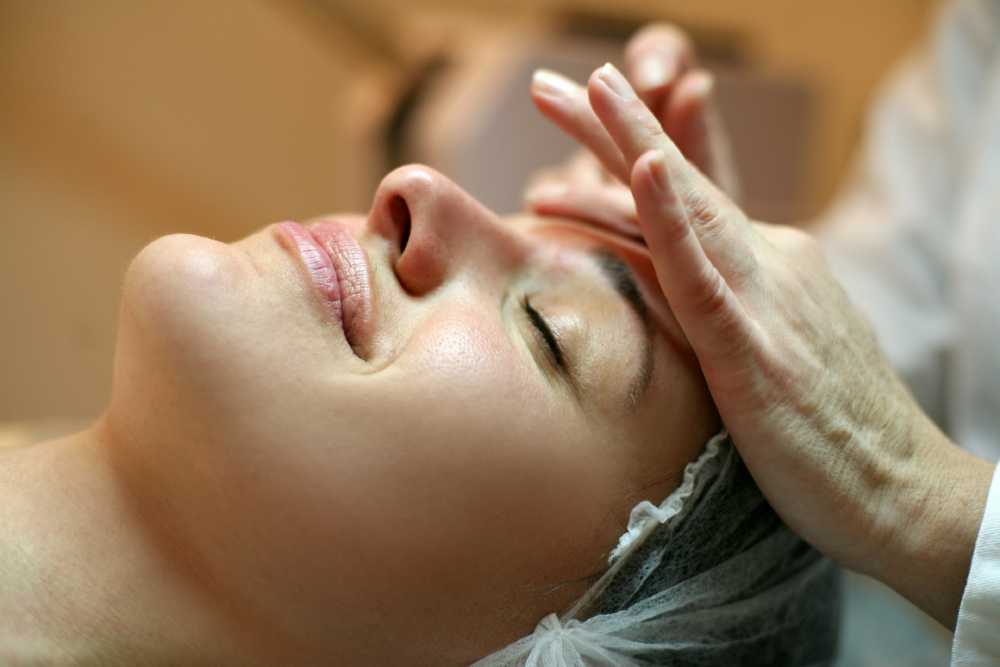How to Create a Holistic Skincare Routine for a Radiant Complexion
Holistic skincare focuses on the overall health of your skin by considering lifestyle, diet, mental wellbeing, and natural products. Unlike conventional skincare routines that rely heavily on topical treatments, holistic skincare takes a more comprehensive approach. This ensures that your skin remains radiant and healthy from the inside out.
Many people seeking holistic skincare often start with professional services, such as facials in Brentwood, which can offer a great kickstart to achieving glowing skin. These services often include skin analysis, deep cleansing, and custom treatments that address specific skin concerns. Holistic skincare aims to promote long-term skin health rather than merely short-term outcomes. This method acknowledges that our skin is a window into our wellness.
Diet, stress, and exposure to environmental pollutants are a few factors that might affect skin health. Instead of treating the outward symptoms of skin problems, you can address their underlying reasons by adopting a complete strategy.
Contents
Skincare Fundamentals
The initial step to a successful skincare routine is comprehending your specific skin type and its individual needs. Essential steps include cleansing, exfoliating, moisturizing, and protecting your skin from sun damage. Cleansing removes debris, grease, and contaminants from your skin, avoiding breakouts and preserving a clear complexion.
Exfoliating assists in removing dead skin cells, promoting cell renewal, and preventing clogged pores. However, it is crucial to limit exfoliation to prevent irritation and damage to the skin’s protective barrier. Preventing skin cancer and premature aging requires sunscreen that blocks UVA and UVB radiation and keeps the skin hydrated.
Natural components with antioxidant qualities, such as green tea and honey, can be helpful. Honey is well known for its capacity to attract and hold onto moisture, while the polyphenols in green tea have the potential to lower inflammation and shield the skin from harm.
Diet and Hydration
What you consume dramatically impacts the appearance of your skin. Consuming foods high in antioxidants, vitamins, and minerals can enhance the health of your skin. Examples of foods include leafy greens, berries, and nuts.
Berries have a high amount of antioxidants that fight against free radicals, nuts offer essential fatty acids that support the skin’s lipid barrier, and leafy greens are rich in vitamins A and C, which are crucial for collagen synthesis and skin rejuvenation. Staying hydrated is essential, too; consuming plenty of water keeps your skin hydrated and aids in removing toxins.
Lifestyle Choices
Taking care of your skin is influenced directly by healthy lifestyle decisions, such as getting enough sleep and exercising regularly. Physical activity improves blood flow, supporting skin cells’ nourishment and vitality.
Enhanced circulation also aids in eliminating waste products, such as free radicals, from active cells. Furthermore, engaging in physical activity can also assist in decreasing stress levels, leading to a reduction in breakouts and other skin issues.
Sufficient rest enables your skin to heal and rejuvenate. While sleeping, the skin receives more blood flow and produces collagen faster, aiding in the repair of UV and pollution-related damage. Decreasing alcohol and tobacco consumption can also significantly improve your skin’s appearance.
Alcohol can cause skin dehydration, leading to a dull appearance, while toxins in tobacco can speed up the aging process. Minor adjustments like adding in regular walks or engaging in yoga sessions can significantly impact blood flow and facilitate calmness.
Mental Wellbeing
Your mental wellbeing can directly impact your skin. Anxiety and stress can trigger the release of stress hormones like cortisol, which can worsen inflammation and oil production, leading to skin issues like acne and early aging. It could be beneficial to start stress-reduction techniques like yoga, meditation, or a pastime.
Stress-related skin issues can be minimized by engaging in mindfulness and meditation practices. If you incorporate relaxing techniques into your practice, your skin might transform significantly. Simple routines like writing, deep breathing, or going outside can improve your skin by fostering a sense of peace and wellbeing.
Natural Ingredients to Include
To improve skin healing, incorporate natural ingredients such as aloe vera, chamomile, and tea tree oil into your skincare routine. Tea tree oil is effective for acne treatment due to its antibacterial and anti-inflammatory properties. Aloe vera aids in healing and reduces inflammation, while chamomile soothes inflamed skin.
Choose products with natural or organic ingredients, such as coconut or lavender oil, with evidence-based benefits. Lavender oil reduces redness and inflammation, while coconut oil is an excellent moisturizer due to its high fatty acid content.
Importance of Consistency
Consistency is critical in any skincare routine. Regularly following your routine and being patient with results can lead to significant improvements over time. Deviating often could counteract the progress you’ve made.
Setting a dedicated morning and evening routine and sticking to it can yield the best outcomes. For example, cleansing your face every morning and night ensures that dirt and impurities are consistently removed, preventing buildup and potential breakouts. Remember, skin regeneration takes time. It typically takes about 28 days for new skin cells to reach the surface, so it’s essential to stick with your routine and not expect overnight miracles.
Tracking your progress and adjusting as needed based on how your skin responds can help you achieve the best results. It’s also beneficial to keep your routine simple and not overwhelm your skin with too many products.

